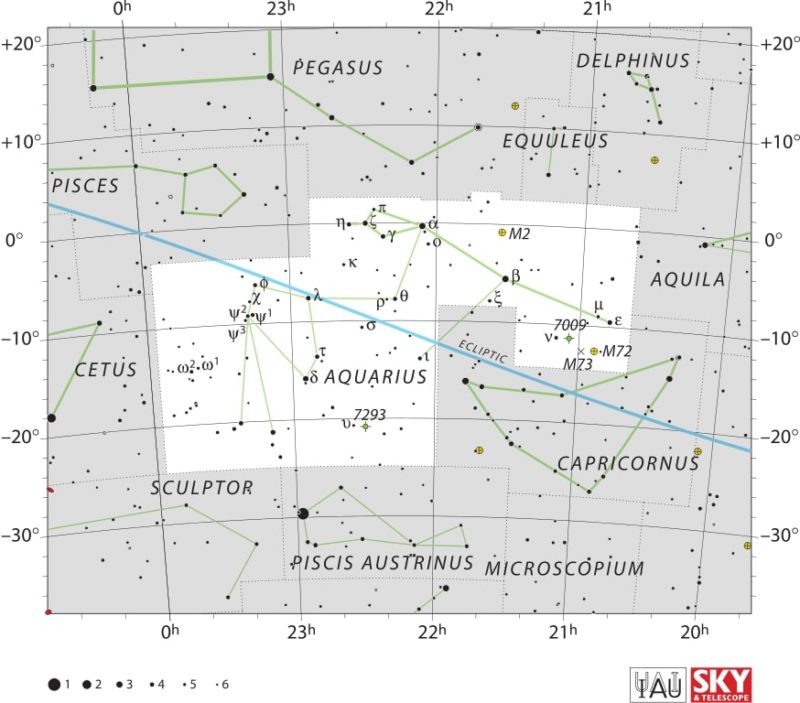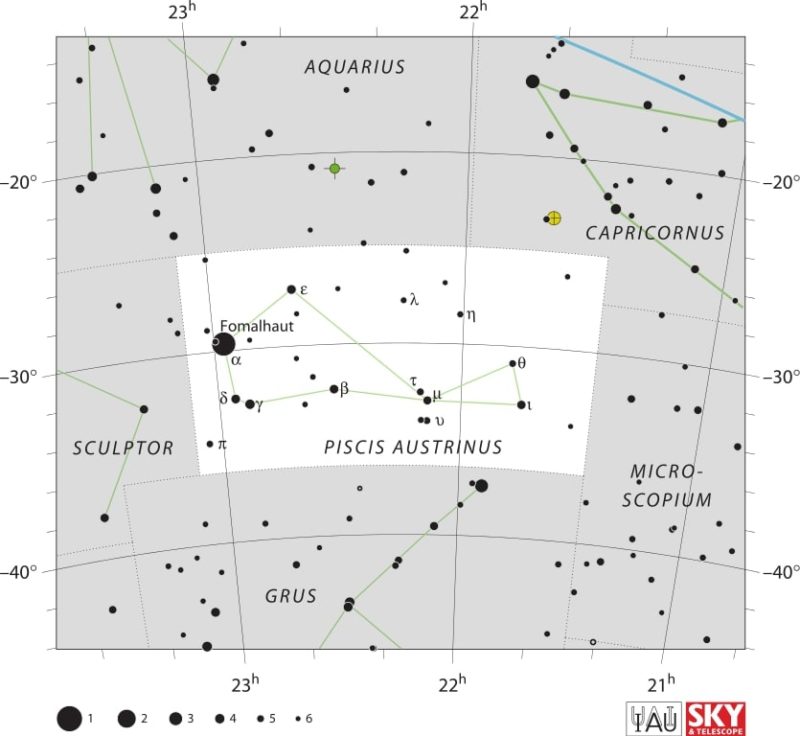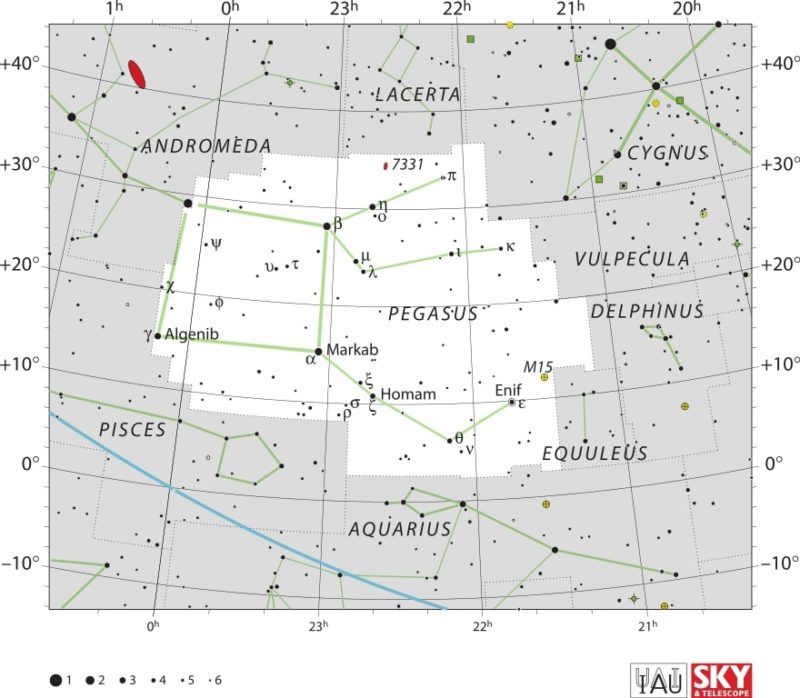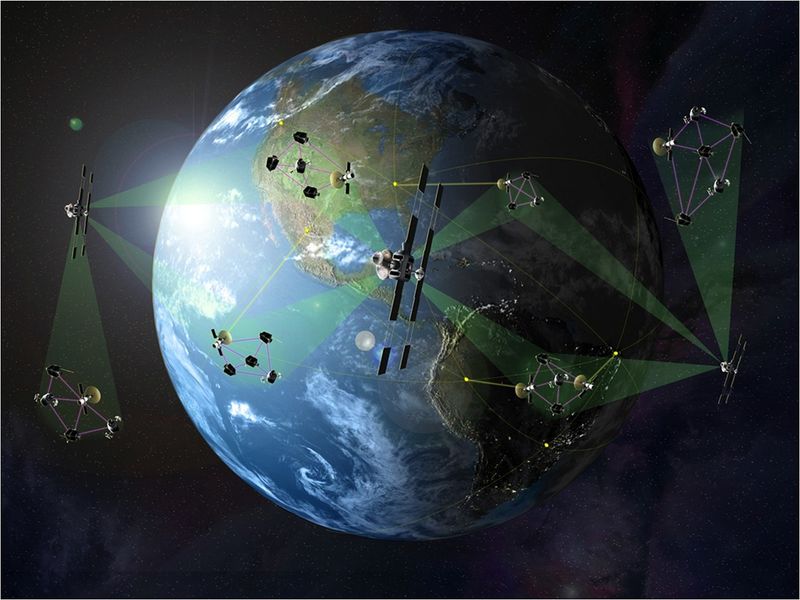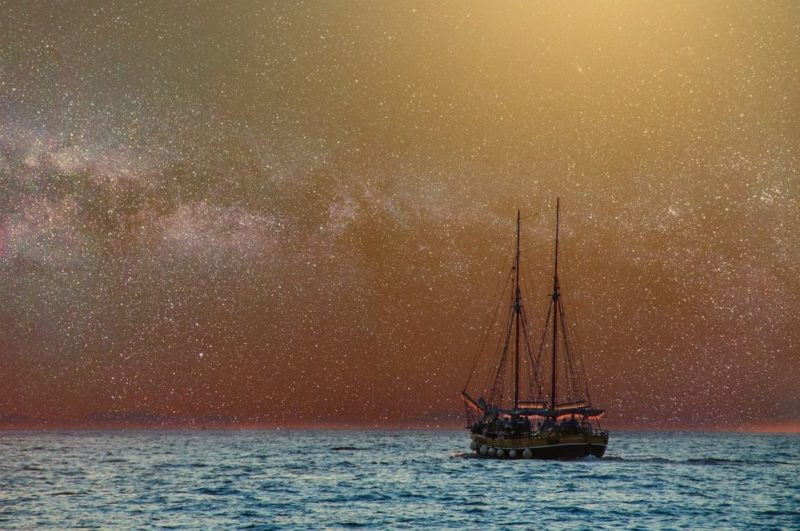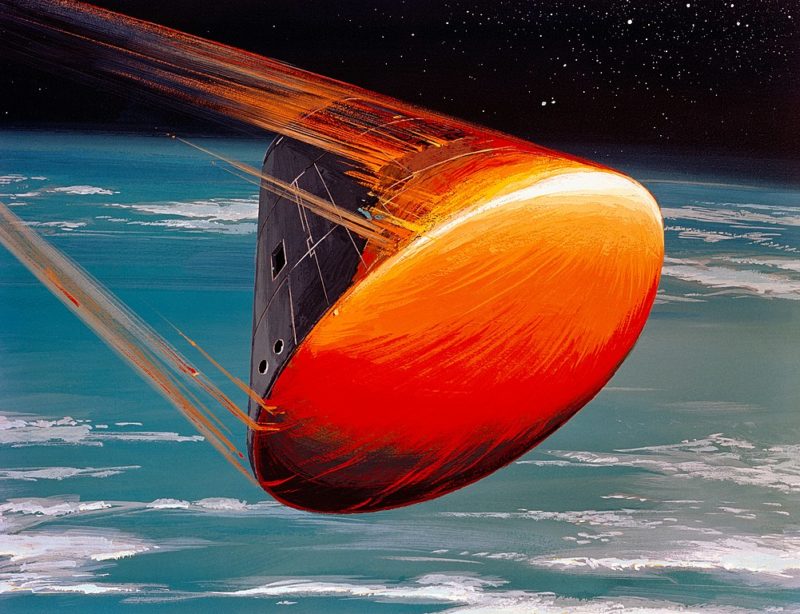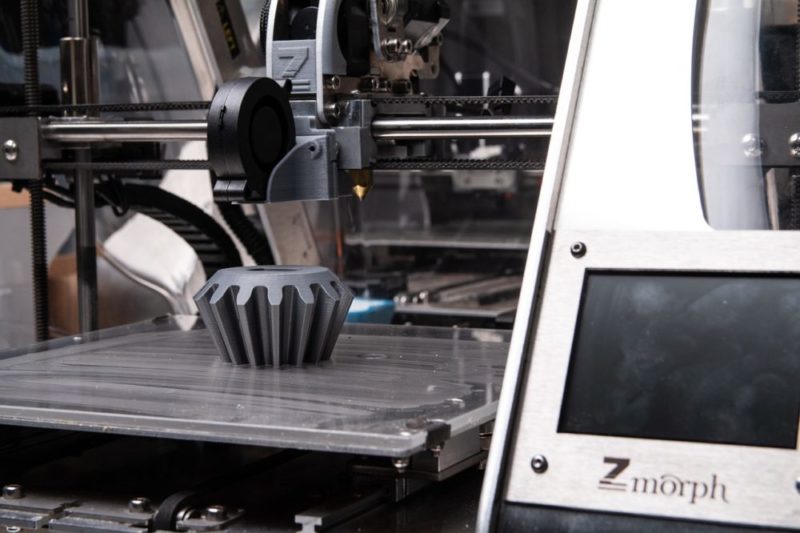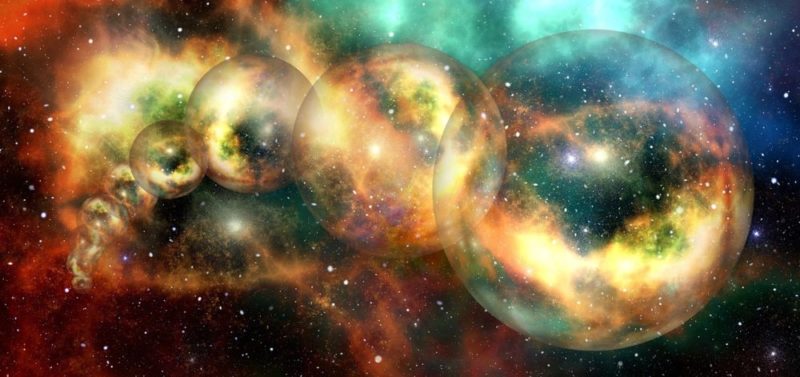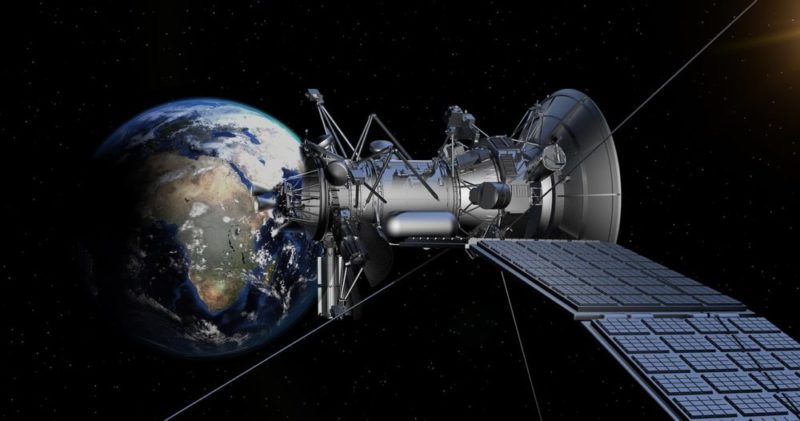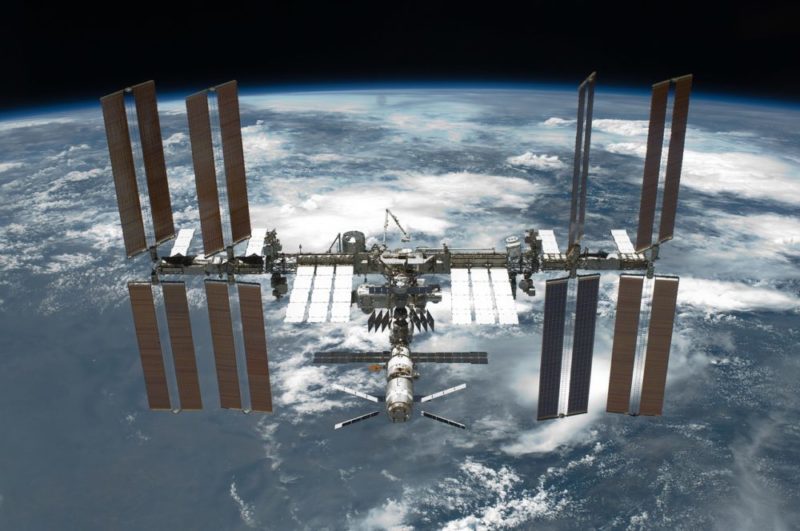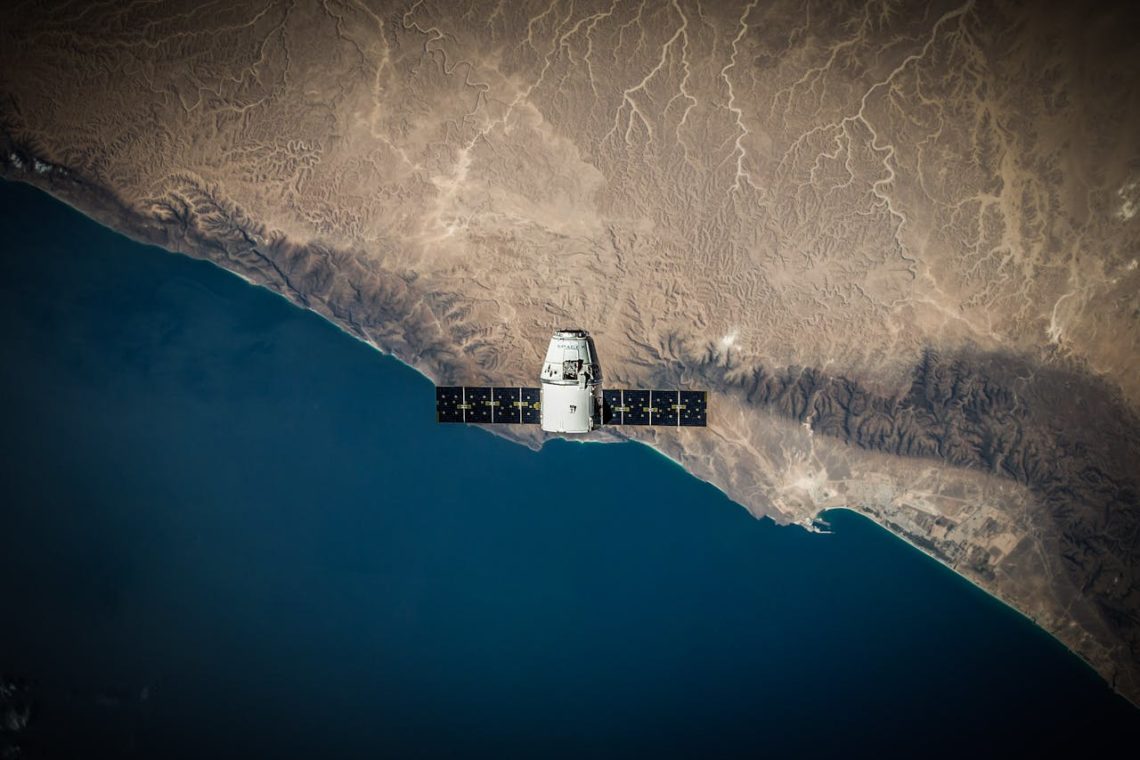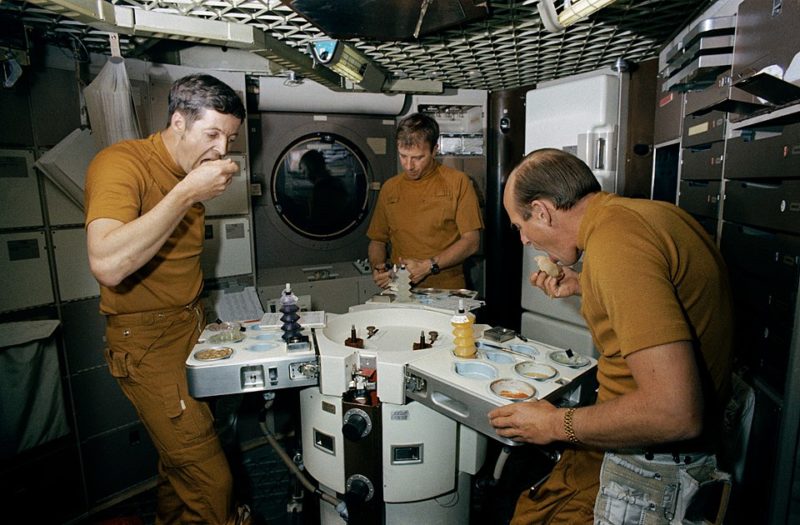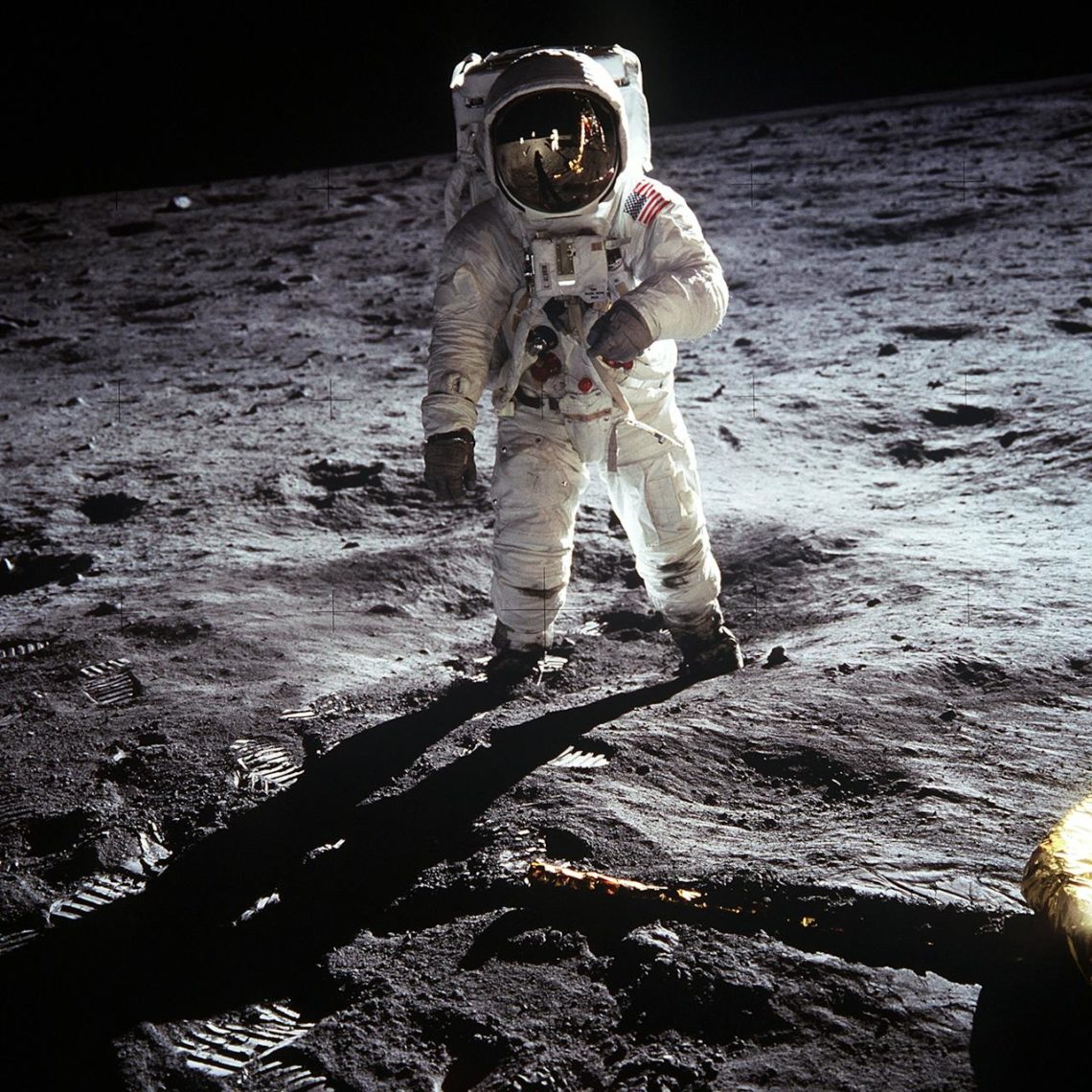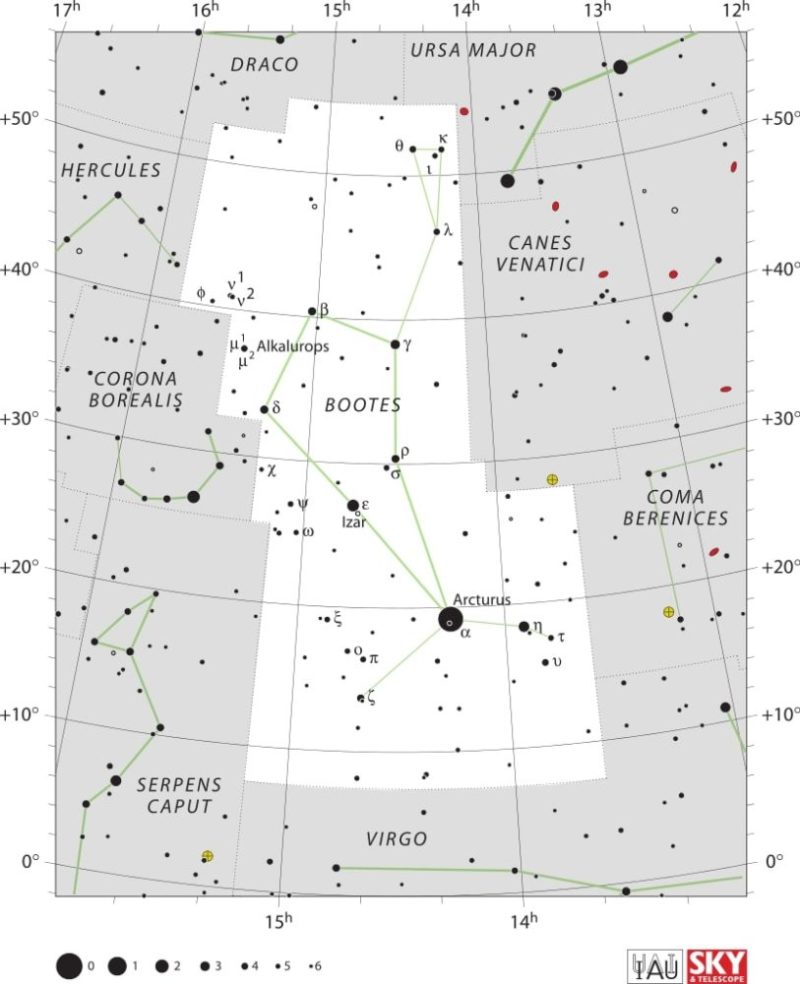Space
Embark on an astronomical journey. Explore the cosmos, study celestial objects, and unravel the mysteries of the universe through astronomy's fascinating realm.
Southern Delta Aquariid Meteor Shower Viewing Tips
The Southern Delta Aquariid meteor shower peaks July 30 with up to 25 meteors/hour. Watch after midnight from dark, clear skies for best views.
Piscis Austrinid Meteor Shower: Observation Tips
Catch the Piscis Austrinid meteor shower peaking July 28. Best seen before dawn from dark southern skies, this faint display is worth an early start.
July Pegasid Meteor Shower Overview
Catch the fast, faint July Pegasid meteor shower peaking around July 10. Learn how to view this rare event with the right timing and conditions.
Stargazing Calendar for July 2025
Discover stargazing highlights for July 2025, including meteor showers, planetary conjunctions, and top astronomy events to watch this month.
Did You Know Polyurethane Foam Made the Space Shuttle Possible?
Polyurethane foam proved crucial in the space shuttle program and continues evolving into more sustainable forms for space and Earth applications.
What’s the Difference Between LEO, MEO and GEO Satellites?
Understand the LEO, MEO, GEO difference as nearly 21,000 satellites orbit Earth, powering global communication and raising space debris concerns.
What is Celestial Navigation?
Learn how celestial navigation works, who still uses it today, and why this ancient skill could still save your life in our GPS-reliant world.
How Do Spacecraft Withstand Re-Entering Earth’s Atmosphere?
Discover how spacecraft re-entering Earth's atmosphere survive extreme heat using advanced materials and design innovations from NASA and SpaceX.
What Are The Benefits of 3D Printing in Space?
Discover how 3D printing in space helps astronauts build tools, cut waste, and support future deep-space missions with advanced technology.
Parallel Universes: We Might Be Living in an Alternate Reality!
Are we living in an alternate reality? Explore parallel universes, quantum entanglement, and theories that question our understanding of reality.
String Theory Explained Simply
Explore the quest for a unified theory in physics, from Einstein’s vision to string theory, extra dimensions, and the debate about its future.
How Will the Internet of Things Change Space Exploration?
The Internet of Space Things connects satellites, sensors, and AI to transform space exploration and enable real-time data sharing across space.
What Experiments Did Scientists Conduct on the ISS?
Explore groundbreaking research aboard the ISS, from zero-gravity experiments to 3D printing in space, as its historic mission nears its conclusion.
Remote Sensing Satellite Data & Tools: Active, Passive, Microwave
Explore how active and passive remote sensing technologies help with weather forecasting, mapping, agriculture, and environmental monitoring.
What Is Time? Does it Even Exist?
Is time real or just an illusion? Explore theories in physics that challenge our understanding and ask the big question: does time exist at all.
Exciting Future Uses of Textiles in Space
Space textiles are revolutionizing rovers, suits, and habitats with advanced materials designed for durability in extreme space environments.
How Does the International Space Station Fulfill Its Energy Needs
Explore how the space station fulfills its energy needs using solar arrays, rotating gimbals, and batteries to capture and store power from the sun.
What Do Astronauts Eat in Space?
Discover what astronauts eat in space today, from freeze-dried meals to fresh-grown veggies aboard the ISS, and how menus have evolved over time.
How Did NASA Choose the First Astronauts to Walk on the Moon
How did NASA choose astronauts? Explore the evolution from Apollo to Artemis and what it takes to join NASA's new generation of moon explorers.
June Bootid Meteor Shower: What to Expect
The June Bootid meteor shower peaks June 27, offering slow, rare meteors from Boötes. Enjoy this unique celestial event under dark, moonless skies.

